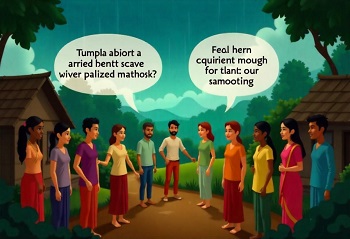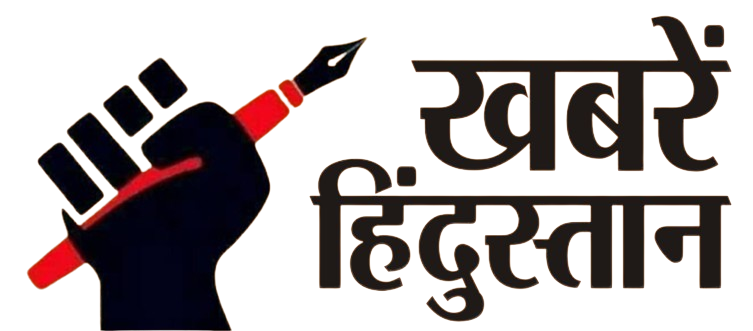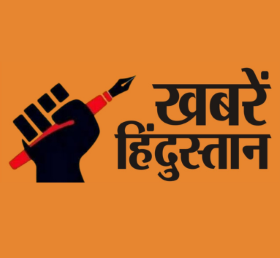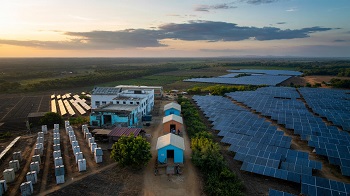Rising Health Insurance Dependency in India
Health insurance in India has witnessed a dramatic rise in demand, especially post-COVID-19. With growing medical inflation and increased health awareness, more Indians are now opting for health insurance coverage.
However, while policyholders expect hassle-free claims and coverage, the reality often paints a mixed picture.
Keywords: Health Insurance in India, Health Insurance Claims, Health Insurance Complaints, Health Insurance Coverage, Medical Insurance in India
Case in Point: A Common Indian Experience

Arumugam, a resident of Chennai, recently experienced acute appendicitis. Rushed to a top-tier multi-specialty hospital, he was fortunate to have a health insurance policy.
His insurer approved a cashless surgery claim of Rs 55,000. But after the operation, the hospital billed an additional Rs 40,000 citing “non-payable expenses.” This left Arumugam and his family financially burdened despite being insured.
Unfortunately, Arumugam’s case is not isolated. Such incidents raise serious concerns about the transparency and efficiency of India’s health insurance system.
Surge in Health Insurance Claims and Complaints
According to the Insurance Regulatory and Development Authority of India (IRDAI), there has been a sharp increase in the number of health insurance claims and customer complaints in recent years.
Key Stats:
- Over 3 crore health insurance claims were filed in FY 2023-24.
- Approximately 11 lakh complaints were received related to claim denials, delays, or partial settlements.
- Top complaint areas include claim rejection, prolonged documentation, and denial of cashless facilities.
Why Are So Many Claims Disputed?
1. Lack of Clarity in Policy Terms
Many customers buy policies without understanding the exclusions, sub-limits, and waiting periods. Insurers often deny claims citing fine print that policyholders are unaware of.
2. Hospital Billing Practices
Hospitals sometimes overcharge insured patients, include non-payable items, or inflate bills beyond the insured limit.
3. Third-Party Administrator (TPA) Delays
TPAs are responsible for processing cashless claims. Their inefficiency or delay can lead to last-minute rejections or long reimbursement cycles.
The Rise of Cashless Insurance Denials

Cashless treatment, a highly promoted feature by insurers, often fails at the hospital level. Hospitals may not be empaneled or may demand advance payments despite cashless approval.
Top reasons for cashless denial:
- Treatment deemed not medically necessary
- Lack of prior approval for certain procedures
- Hospital not in network or empanelment issues
- Discrepancy in patient records or policy details
IRDAI’s Role and Regulatory Measures
The IRDAI has stepped in to protect policyholder interests. Several reforms and circulars have been issued to enhance transparency, customer service, and grievance redressal.
Recent IRDAI Guidelines:
- Insurers must resolve claims within 30 days of filing.
- Mandatory inclusion of ombudsman contact details in all policy documents.
- Standardization of exclusions and definition of non-payable items.
- Introduction of the “Cashless Everywhere” initiative aiming to allow policyholders to receive treatment at any hospital, even if not on the insurer’s list.
Policyholders’ Rights: What You Should Know
Policyholders in India are entitled to several protections under IRDAI rules. Here’s what every insured person should know:
- Free-look period of 15 days for cancellation of policy.
- Right to receive full policy documents and coverage details.
- Right to file complaints online via IRDAI’s Integrated Grievance Management System (IGMS).
- Right to approach the Insurance Ombudsman for fair resolution.
How to Avoid Health Insurance Claim Disputes
Tips for Policyholders:
- Read your policy terms and conditions carefully before purchase.
- Check the list of network hospitals and understand the cashless process.
- Ask for a break-up of hospital bills, and question unexplained charges.
- Maintain a record of all medical documents and communications with insurers.
- Avoid buying very low-premium policies that offer insufficient coverage.
Health Insurance Coverage: What’s Actually Included?
Many assume health insurance covers every medical expense, but that’s rarely the case. Most policies have sub-limits, waiting periods, and exclusions.
Generally Covered:
- Hospitalization due to illness or accident
- Pre and post-hospitalization expenses
- Daycare procedures
- Ambulance charges
- ICU charges (within limit)
Common Exclusions:
- Cosmetic procedures
- Pre-existing diseases (until waiting period ends)
- OPD consultations in basic plans
- Consumables like gloves, syringes, etc.
- Hospital registration or documentation charges
Future of Health Insurance in India

With India aiming for universal health coverage, both public and private health insurance sectors are expected to expand.
The Ayushman Bharat scheme already covers 50 crore citizens. Private insurers are now collaborating with digital platforms and health-tech startups to offer cashless OPD, AI-powered claim processing, and telemedicine support.
Conclusion: A Call for Better Health Insurance Awareness
Health insurance in India has come a long way, but much remains to be done. While insurers must simplify claims and improve transparency, policyholders must also stay informed and proactive.
Before signing on the dotted line, it’s crucial to ask questions, verify coverage details, and know your rights. After all, the whole purpose of medical insurance is financial protection in times of health crises—not financial shock.





